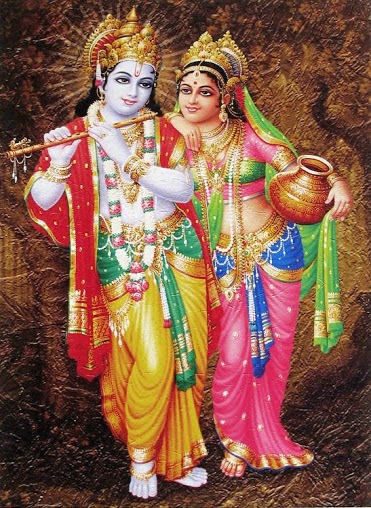Srimad Bhagavatham : 6.1.40.

Skandham-6. Chapter-1. Slokam-40. ( The Yamadutas replied: That which is prescribed in the Vedas constitutes dharma, the religious principles, and the opposite of that is irreligion. The Vedas are directly the Supreme Personality of Godhead, Narayana, and are self-born. This we have heard from Yamaraja.) yamaduta ucuh : veda-pranihito dharmo hy adharmas tad-viparyayah, vedo narayanahsakshat svayambhur iti susruma. yamadutah ucuh = the order carriers of Yamaraja said; veda = by the four Vedas (Sama, Yajur, Rig and Atharva); pranihitah = prescribed; dharmah = religious principles; hi = indeed; adharmah = irreligious principles; tat-viparyayah = the opposite of that (that which is not supported by...





.jpg)


